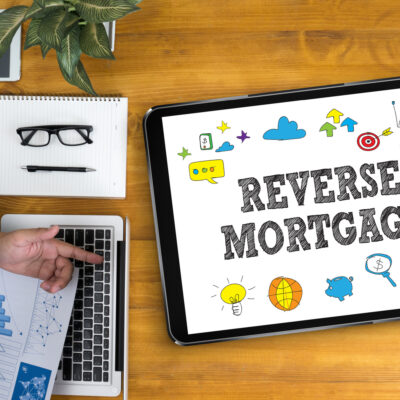
Tips to Avoid Credit Card Debt
Credit cards offer many conveniences to modern shoppers. For instance, many offer the opportunity for credit card users to earn rewards points as well. Users of credit cards can avoid carrying around cash and are secured against fraudulent charges, unlike when they use debit cards. Credit cards provide greater financial flexibility as well and combine ease of use with quality reporting.
However, since they offer easy access to credit there is a risk that credit card users may end up in debt that they cannot repay. Credit cards have high rates of interest attached to them and individuals who do not fully repay their credit cards on a monthly basis or miss payments may be stuck with extensive interest and penalties that further compound the problem. In order to avoid the risks of using credit cards the following tips should assist you and help you from ending up in credit card debt:
1. Create a budget
Financially preparing for your credit card payments is important and will ease the repayment process. This begins with the creation of a budget that can allow you to track both your revenue and expenses and allows you to plan for financial uncertainty as well as your regular bills. Ultimately the key with having a budget is spending less than what you earn and using the excess to repay debt or build up a cash cushion that allows you to cover your expenses and any emergencies that arise over the course of time.
2. Keep a good credit score
Your ability to get a credit card that has a low interest rate attached to it and with sufficient borrowing capability hinges on your credit score and credit history. If you have a very limited credit history then you may need to use a card that has a low limit attached to it. As you establish your credit, you can change to a better card that offers a more reasonable balance and may offer Rewards on your purchases. If you don’t have much of a positive credit history or doubt how high your score is you may want to obtain a credit report that will allow you to look through your history and find items that you can quickly use to improve your overall score. Sometimes this involves paying off a delinquent balance and other times you may need to contest an error on your report.
3. Using balance transfer credit cards
Borrowers can use a balance transfer credit card to delay their payment without affecting their credit history. Many credit card companies will offer no interest for a limited period of time, such as 90 days if you transfer your credit card balance to their card. This provides borrowers with the ability to pay down the debt and avoid bad credit or utilizing these cards to cover their costs while they build up a cash cushion.
4. Only spend what you can afford
Avoiding credit card debt begins with spending less than you earn and paying your monthly credit card bill completely. Don’t let the interest and penalties build up and limit your ability to repay your debt down the road. If you don’t have the funds try using balance transfer card and working to improve your credit history so that you can obtain cards with better rates in benefits and you can funnel into avoiding future credit card debt.


